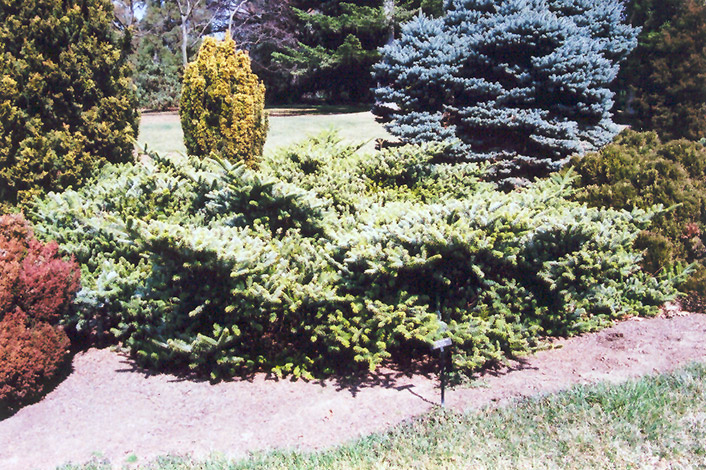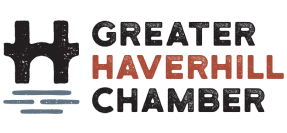Plant Finder
Compact Dwarf Korean Fir
Abies koreana 'Compact Dwarf'
Height: 6 feet
Spread: 10 feet
Sunlight:
![]()
![]()
Hardiness Zone: 4
Description:
A rare yet spectacular garden shrub with distinctive bluish white-banded needles on a wide-spreading horizontal shrub, an excellent plant for interest in the garden; particular as to siting
Ornamental Features
Compact Dwarf Korean Fir is a dwarf conifer which is primarily valued in the landscape or garden for its broadly spreading habit of growth. It has attractive bluish-green evergreen foliage. The needles are highly ornamental and remain bluish-green throughout the winter.
Landscape Attributes
Compact Dwarf Korean Fir is a dense multi-stemmed evergreen shrub with a ground-hugging habit of growth. Its average texture blends into the landscape, but can be balanced by one or two finer or coarser trees or shrubs for an effective composition.
This is a relatively low maintenance shrub, and should not require much pruning, except when necessary, such as to remove dieback. It has no significant negative characteristics.
Compact Dwarf Korean Fir is recommended for the following landscape applications;
- Accent
- Hedges/Screening
- General Garden Use
Planting & Growing
Compact Dwarf Korean Fir will grow to be about 6 feet tall at maturity, with a spread of 10 feet. It tends to fill out right to the ground and therefore doesn't necessarily require facer plants in front, and is suitable for planting under power lines. It grows at a slow rate, and under ideal conditions can be expected to live for 60 years or more.
This shrub does best in full sun to partial shade. It requires an evenly moist well-drained soil for optimal growth. It is not particular as to soil pH, but grows best in sandy soils. It is quite intolerant of urban pollution, therefore inner city or urban streetside plantings are best avoided, and will benefit from being planted in a relatively sheltered location. Consider applying a thick mulch around the root zone in winter to protect it in exposed locations or colder microclimates. This is a selected variety of a species not originally from North America.






